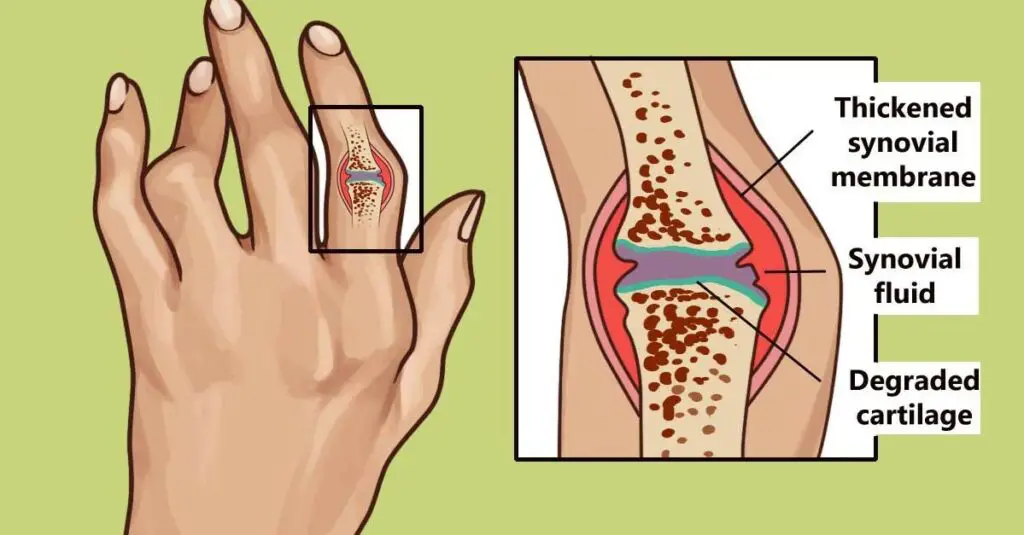Friendships are an integral part of our social fabric, offering support, companionship, and a shared sense of identity. However, not all friendships are healthy. At times, the dysfunction and distress experienced within a social circle can be attributed to toxic patterns, which may even be initiated or perpetuated by ourselves. But how do we distinguish when the toxicity stem from our own actions? This blog post aims to uncover the signs that you, inadvertently, could be the one fostering toxicity in your friendships.
Toxic friendships can be tricky to spot, especially when you’re caught in the whirlwind of emotions and history that often accompany close relationships. Initially, the term ‘toxic’ in the context of friendships tends to conjure images of the villain, the antagonist, or the clearly malignant influence. Yet, occasionally, these narratives may not hold true. Sometimes, without realizing it, you could be the source of toxicity in your own social circles. Identifying these signs is the first step toward rectifying the damage and fostering truly enriching, positive friendships.
Signs You Might Be the Toxic One
Below are the 14 signs that you may be the one unwittingly perpetuating toxic behavior:
1. Lack of Empathy
Your friends confide in you about their struggles, yet you often find it difficult to truly understand or feel for their situation. Instead of offering compassion, your response might revolve around your own experiences or simply fall flat in addressing their emotional needs.
2. Constant Criticism
Your language towards your friends may often be laden with judgment and criticism, whether it’s their choices, their appearance, or their pursuits. Constructive feedback can quickly turn into destructive critiques that undermine their self-esteem.
3. Being Overly Controlling
You often take the lead in planning activities and insist they go according to your schedule and preferences. Friends might feel suffocated and wonder if their autonomy is respected or if they’re merely props in your own narrative.
4. Jealousy and Envy
Instead of celebrating your friends’ achievements, you find yourself comparing your life or successes to theirs, leading to feelings of bitterness. This resentment can manifest in petty comments or unsupportive actions.
5. Always Playing the Victim
In every conflict or setback, you position yourself as the wronged party without taking responsibility. Refusal to see your own role in issues can lead to an environment of blame and stagnation in conflict resolution.
6. Poor Communication
You may be passive-aggressive, or communication with you is a one-way street, leaving your friends in the dark about your true feelings and leading to a breakdown in trust and mutual support.
7. Manipulative Behavior
A slippery slope, you might use guilt trips, emotional blackmail, or even direct manipulation to get your way. Operating behind the scenes might make it easier for you, but at a heavy cost to your friends’ trust in you.
8. Boundary Issues
Respect for personal space and time is paramount in friendships, yet you frequently encroach on these. Disregard for these boundaries can lead to friends feeling smothered and their sense of self eroded.
9. Negativity and Drama
You find yourself often in the center of or contributing to dramatic situations. These situations are fueled by negativity, which drains the energy and happiness from your friendship group.
10. Inconsistency
Your friends might struggle to rely on you due to your inconsistency in attendance or character. This unreliable behavior can cause frustration and a lack of security within the friendship.
11. Refusal to Apologize
Admitting fault is a rarity for you. Instead, you double down on your actions or words, which can lead to unresolved tension and resentment festering within the friendship.
12. Gaslighting
You manipulate situations to make your friends question their own reality or emotions. Gaslighting invalidates your friends’ experiences, leading to confusion and self-doubt.
13. Lack of Support
When your friends need you the most, you might be found wanting. Failure to offer support in their times of need can create a one-sided friendship, leading to a lack of fulfillment for both parties.
14. Difficulty in Accepting Feedback
When your friends offer feedback on your behavior, you struggle to take it on board, often responding defensively or dismissively. This failure to reflect and grow from feedback maintains a stagnant friendship dynamic.
Recognizing any of these behaviors is not a condemnation but an opportunity for self-awareness and personal betterment. The next section explores these signs in more depth, helping you understand the impact they have on your friendships.
Effects of Toxic Behavior on Friendships
Understanding that your actions can lead to toxicity within your friendships is crucial in appreciating the damage they can inflict. Toxic behavior can lead to significant mental health repercussions for both parties. It can create an environment of constant tension and disappointment, inhibiting the friends’ abilities to live authentically and grow together. In recognizing these effects, you can begin to appreciate the urgency to address and change your toxic behavior.
How to Address and Change Toxic Behavior
Change is seldom easy, but recognizing the need for it is a substantial first step. Here are some approaches you can take to address and change your toxic behavior:
Self-reflection
Engage in deep introspection and reflect on your actions, motivations, and patterns. Identify the root causes of your toxic behavior, whether it’s insecurity, past trauma, or learned behaviors.
Seeking Therapy
Professional help can guide you through the process of understanding and addressing your toxic traits. Therapy can offer valuable insights and coping strategies that foster personal growth and healthier relationships.
Setting Boundaries
Learn to set clear, respectful boundaries in your friendships. Communicate these boundaries with your friends to ensure that they are understood and respected, creating a harmonious and more fulfilling dynamic.
Communication
Honest and open communication is key. Learn to express your thoughts and feelings in a considerate manner and, equally important, practice active listening. Effective communication can prevent misunderstandings and conflicts, nurturing a supportive environment.
Conclusion
Coming to terms with the possibility that you might be the toxic one in a friendship is a challenging but necessary step. It’s not about assigning blame but about recognizing areas of development within yourself. By identifying and addressing these signs, you pave the way for healthier, more fulfilling friendships that support personal growth and well-being. Remember, change is possible, and it begins with self-awareness and a willingness to grow.








